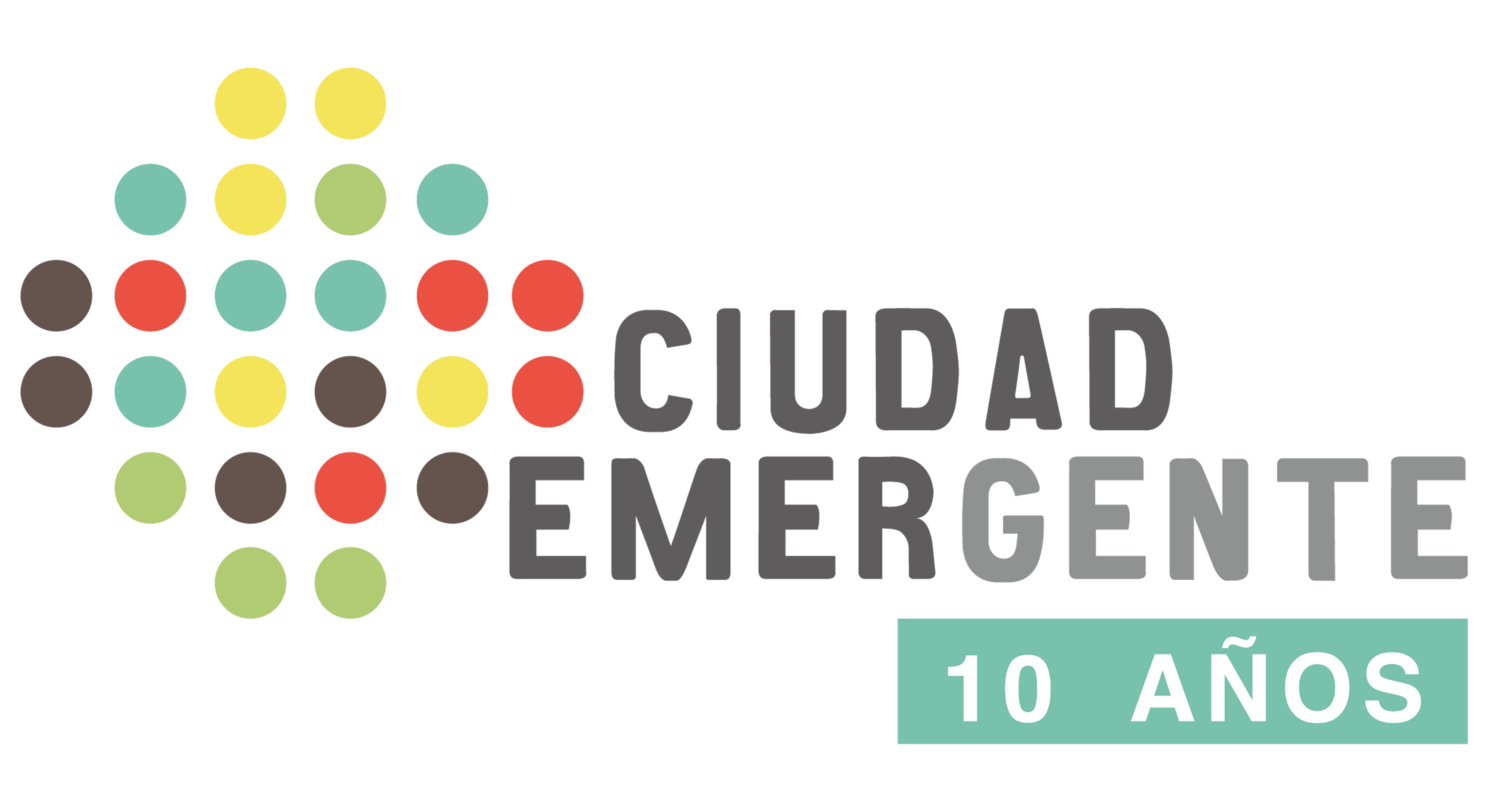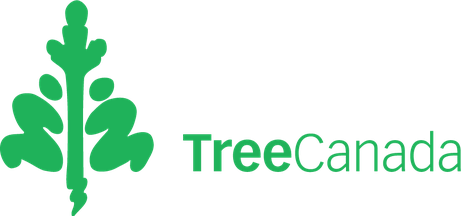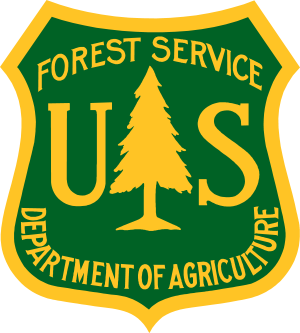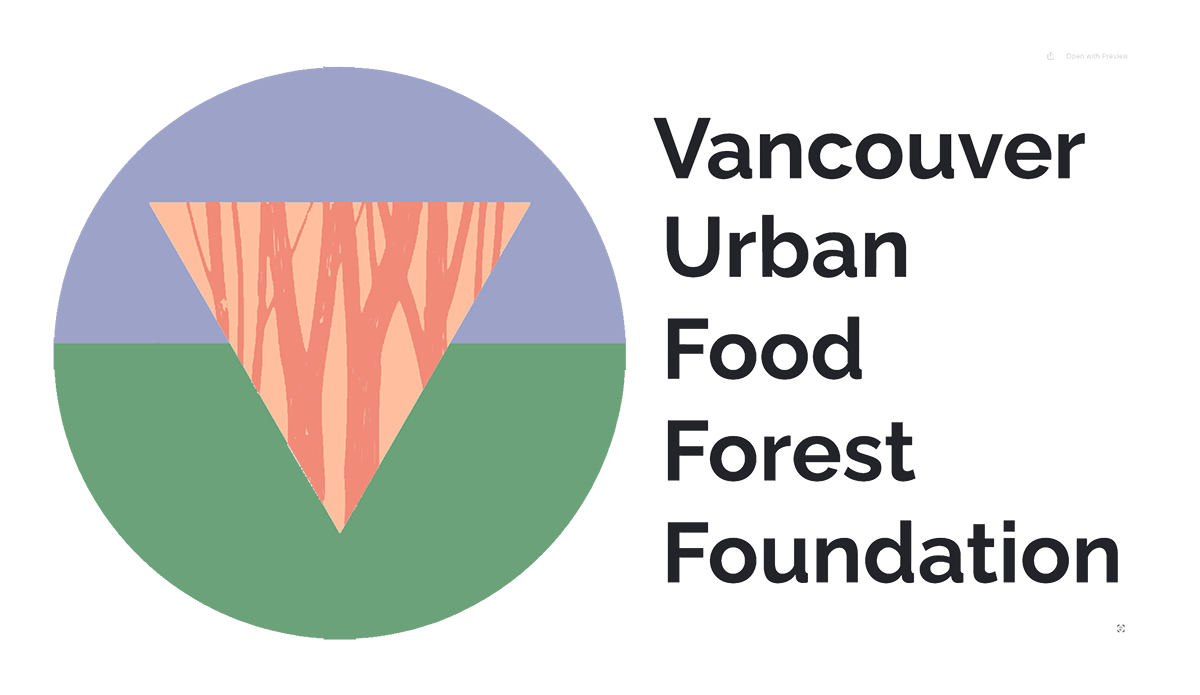Charting new pathways to achieving recognitional justice in urban greening
Charting new pathways to achieving recognitional justice in urban greening
How can cities create green spaces that reflect and respect the diverse cultural values of all communities?
Background summary
Cities are relying on urban green (and blue) spaces to enhance climate resilience and livability. Although these are essential interventions, they are often informed by dominant values and practices—like the ecosystem services framework—that emphasize extractive relationships with the natural world. What's more, they often overlook the role that grassroots and local stewards play in tending to and improving green spaces in the city as well as the multiple worldviews that guide this care work. Adopting a highly collaborative and multidisciplinary methodology, this project seeks to increase recognition for the myriad ways in which urban greening and stewardship takes place in cities, the diversity of actors involved, and the range of values enacted through this work. Working in Vancouver, CA, New York, US, Medellín, CO, and Temuco, CL, we center co-creation and environmental justice in our approach, placing relationship building and counter-hegemonic thinking at the core of our research practice.
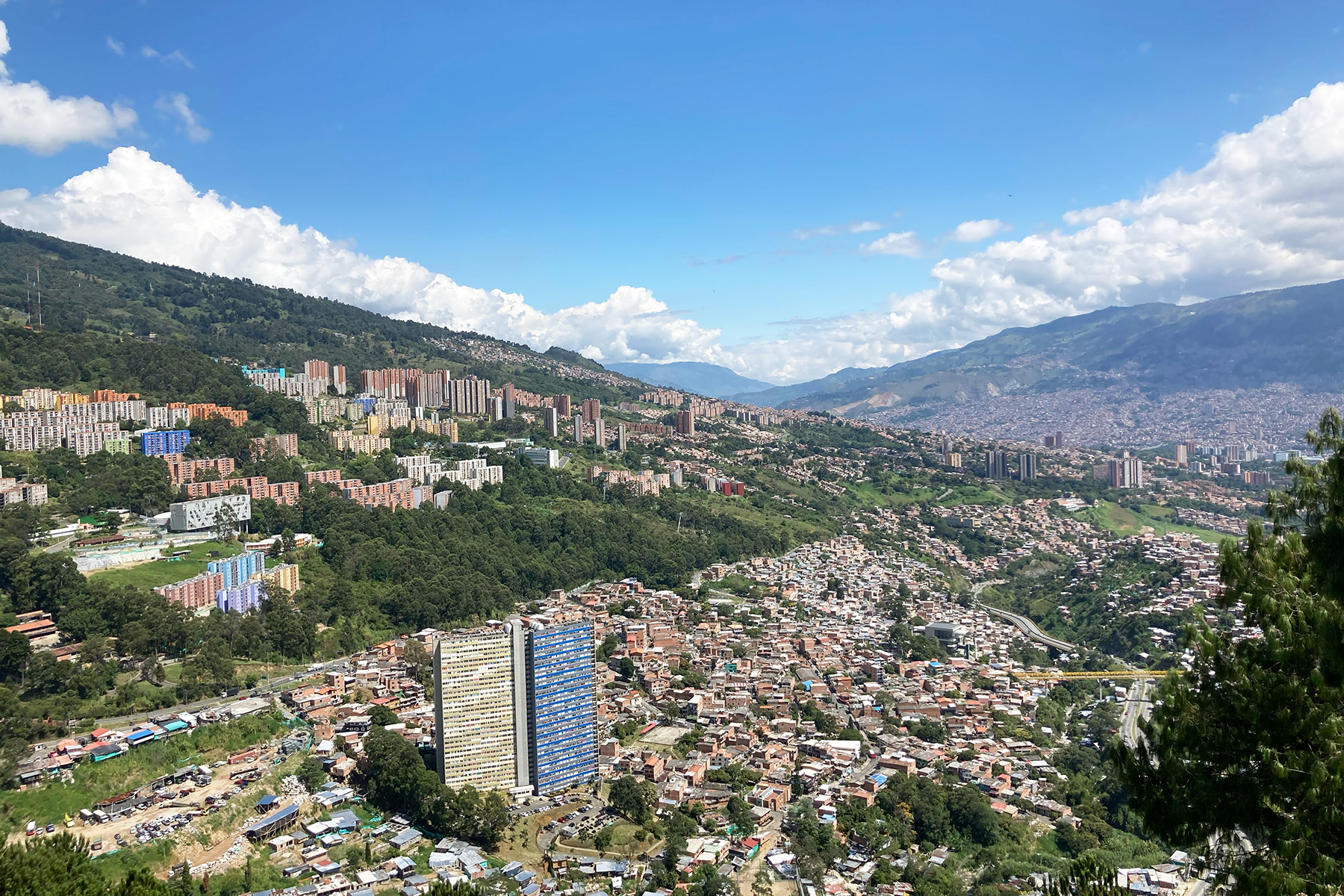
Activities
- Clarify diverse values and practices: Clarify how diverse and underrepresented values underpin human-nature relationships in community-based stewardship practices.
- Investigate civic stewardship practices: Examine how underrepresented values are enacted through civic stewardship practices and their implications.
- Examine governance arrangements: Analyze the governance structures and urban greening procedures that enable or constrain the work of civic stewards.
- Co-create approaches: Develop approaches to urban green space stewardship and governance that recognize and enact underrepresented values and practices.
We are conducting discourse interviews in Medellín and Vancouver with political and private company actors (e.g., Secretaría de Medio Ambiente, City of Vancouver). Further activities such as salons and workshops help engage in grounded problem solving with community partners and build communities of knowledge sharing.
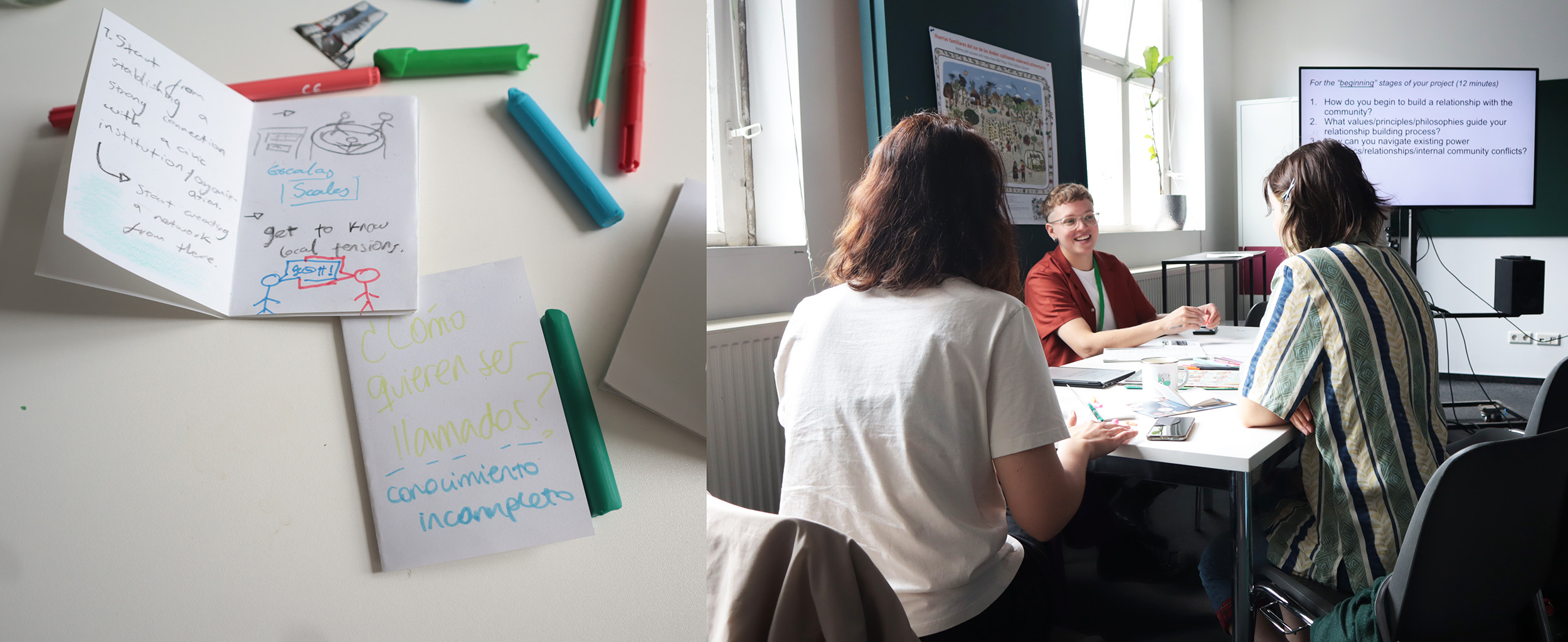
Time Frame
2023-2027
Location
Vancouver, Canada
New York, USA
Medellín, Colombia
Temuco, Chile
Partners
USDA Forest Service
Ciudad Emergente
Tree Canada
Vancouver Urban Food Forest Foundation
Low Carbon City Medellín
UNL Researchers
Lorien Nesbitt
Daniel Sax
Jess Quinton
Josefina Cortés
Amber Grant
Lucas Richie
Funding Sources
SSHRC Insight Grant
UBC Forestry
UBC Solutions Scholars
Ufor Network
UBC Forestry 4YF
SSHRC Postdoctoral Fellowship
Partners & Funders
